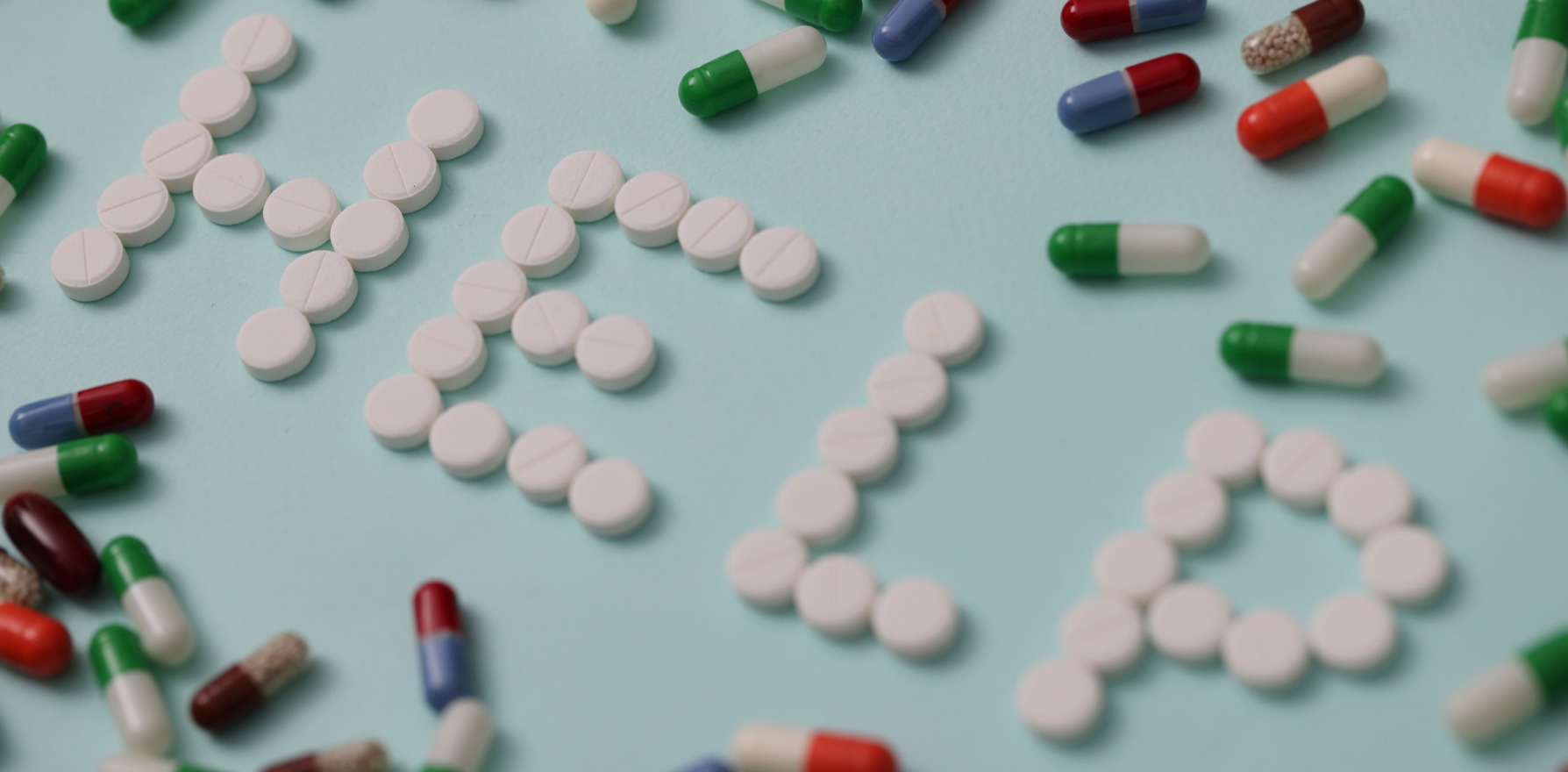Polypharmacy may be the cause of persistent high blood pressure.
Can’t get your patient’s blood pressure down? The answer may be in their medicine cabinet.
New research suggests that a significant proportion of hypertensive people are taking non- related medications that could be inadvertently contributing to their high blood pressure.
A US study of over 27,000 adults found that nearly one in five people with hypertension were also taking drugs such as antidepressants or NSAIDS, which could raise blood pressure. These people were more likely to also take antihypertensive medication and had higher odds of uncontrolled hypertension.
Other drugs associated with an increased risk of elevated blood pressure included steroids, estrogens, stimulants, testosterones, anti-obesity agents, decongestants, antipsychotics, immunosuppressants, alpha agonists and antirheumatic medications.
Australian experts have commended the research and say it should influence clinical management.
“It’s a very good paper and highlights the importance that there are certain medications, which are very commonly used, that will definitely have an impact on the management of blood pressure,” said Professor Markus Schlaich, president of the High Blood Pressure Research Council of Australia.
The findings confirm the extent of the problem, he said, adding that the link is probably underestimated as many of these medications were commonly used and available over the counter, meaning patients often didn’t mention them.
“It is absolutely crucial to ask them,” Professor Schlaich said. “They don’t necessarily see them as a drug as such – a painkiller or a sleeping tablet or a decongestant to open up your nose. They don’t make the link.”
Cardiologist Dr Yusuke Sata, from the Baker Heart and Diabetes Institute, described medication as an “underappreciated” cause of hypertension, a condition that affects one third of Australian adults. As a clinician, reviewing medications and justifying their need was the first thing he did when a patient was referred to him for resistant or difficult to control hypertension.
“It’s not uncommon for patients to be on seven, eight or even 10 medications, and they are not even aware why they’re taking them,” he told The Medical Republic.
Dr Sata said this is particularly the case among his elderly patients, who are usually on multiple medications.
Conversely, non-adherence was a “common consequence of polypharmacy”, he observed.
“The other day I saw a patient in his 70s. He had 10 or 12 medications on his referral. He had been seen by several doctors, including GPs and cardiologists. And he said to me, ‘Nobody can control my blood pressure’.”
On further questioning, when the patient was probed for details about dosages and what time of day he took his tablets, it became clear that he regularly missed his medication.
This early review of medications in patients with hypertension provides an opportunity to substitute those drugs that incidentally elevated blood pressure with BP-neutral alternatives, Professor Schlaich said.
“You can change diclofenac to paracetamol, for example, if it works,” he said.
“Often if you can remove the nonsteroidals, or if you can remove, let’s say cortisone, because it’s only needed for a certain period of time, this can very frequently have a beneficial impact on blood pressure.”
Of course this won’t work for everyone, every individual is different, he said.
“But in general, try to avoid those medications, monitor the blood pressure. If it comes down, that’s wonderful. You may achieve control just by cessation of those medications. If that’s not happening, you will have to intensify the blood pressure lowering therapy, depending on what they are on already.”
The risk of later cardiovascular disease was unaffected by whether the hypertension was caused by medication or not, he added.
“There are exceptions, but in general the level of blood pressure is what determines the risk,” he said. “If you’ve got blood pressure of 160/100, it doesn’t matter whether it’s from your oral contraceptive or because you have a genetic predisposition. That pressure works on your system and will cause trouble to the heart, the kidneys, the brain. The organism is not interested in what causes it. It just sees the effect.”


